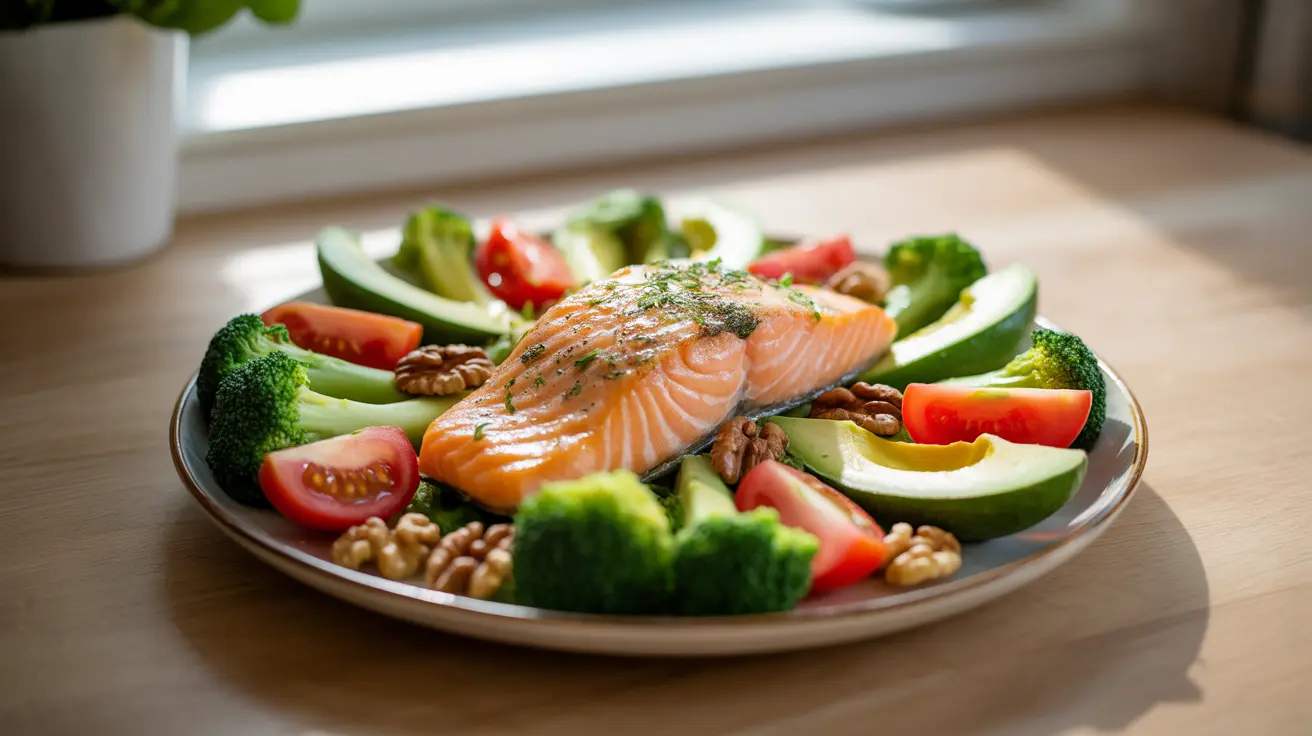The Wild Diet represents a refreshing approach to healthy eating that emphasizes natural, unprocessed foods while avoiding the strict restrictions common to many modern dieting plans. This eating philosophy encourages followers to embrace whole foods as nature intended, focusing on quality ingredients and sustainable food choices rather than complicated rules or precise calorie counting.
By prioritizing real, nutrient-dense foods and eliminating processed ingredients, the Wild Diet offers a practical framework for those seeking to improve their health, manage their weight, and develop a healthier relationship with food. Let's explore what this eating style entails and how it might benefit your wellness journey.
Core Principles of the Wild Diet
The Wild Diet is built on several fundamental principles that set it apart from conventional dieting approaches. At its heart, this eating style emphasizes consuming foods in their most natural state, much like our ancestors did before the advent of industrial food processing.
Focus on Whole, Natural Foods
The diet prioritizes foods that could be hunted, gathered, or grown in nature. This includes:
- Fresh vegetables and fruits
- High-quality meats from pasture-raised animals
- Wild-caught fish
- Nuts and seeds
- Natural fats like avocados and coconut oil
Elimination of Processed Foods
The Wild Diet strongly encourages avoiding:
- Refined sugars and artificial sweeteners
- Processed grains and flour products
- Industrial seed oils
- Packaged snacks and convenience foods
- Artificial preservatives and additives
How the Wild Diet Promotes Health
This eating approach supports overall health through several key mechanisms. By eliminating processed foods and refined sugars, it naturally helps regulate blood sugar levels and reduce inflammation. The emphasis on nutrient-dense whole foods ensures adequate intake of essential vitamins, minerals, and beneficial compounds that support optimal body function.
Natural Weight Management
Rather than focusing on strict calorie counting, the Wild Diet promotes natural portion control through highly satisfying, nutrient-rich foods. This approach helps prevent overeating while maintaining steady energy levels throughout the day.
Implementation Guidelines
Following the Wild Diet doesn't require complex meal planning or strict scheduling. Instead, it focuses on making wholesome food choices and listening to your body's natural hunger signals.
Meal Composition
A typical Wild Diet plate might include:
- A palm-sized portion of quality protein
- Several servings of colorful vegetables
- Healthy fats from sources like olive oil or nuts
- Optional small portions of seasonal fruits or starchy vegetables
Frequently Asked Questions
What foods can I eat on the Wild Diet, and which foods are not allowed?
On the Wild Diet, you can eat plenty of vegetables, high-quality meats, wild-caught fish, eggs, nuts, seeds, and healthy fats. Foods to avoid include processed sugars, refined grains, industrial oils, and packaged snacks. The focus is on eating foods as close to their natural state as possible.
Does the Wild Diet help with weight loss, and what results can I expect?
Yes, the Wild Diet can promote weight loss through its focus on whole, nutrient-dense foods and elimination of processed ingredients. Results vary by individual, but many people report steady, sustainable weight loss when consistently following the diet's principles.
How is the Wild Diet different from the Paleo diet?
While both diets emphasize whole foods, the Wild Diet is generally more flexible than Paleo. It allows for some high-quality dairy products and doesn't completely restrict certain food groups. The Wild Diet focuses more on food quality and natural eating patterns rather than strict historical recreation.
Is dairy allowed on the Wild Diet, and what about other food restrictions?
Yes, high-quality dairy products are allowed on the Wild Diet, particularly from grass-fed sources. The diet has fewer absolute restrictions compared to other plans, focusing instead on food quality and natural sources rather than strict rules about specific food groups.
Can I follow the Wild Diet if I don't like to count calories or follow strict meal plans?
Absolutely! The Wild Diet is ideal for those who prefer intuitive eating over strict calorie counting. It emphasizes quality food choices and natural hunger signals rather than rigid meal plans or calorie restrictions, making it more sustainable for many people.




